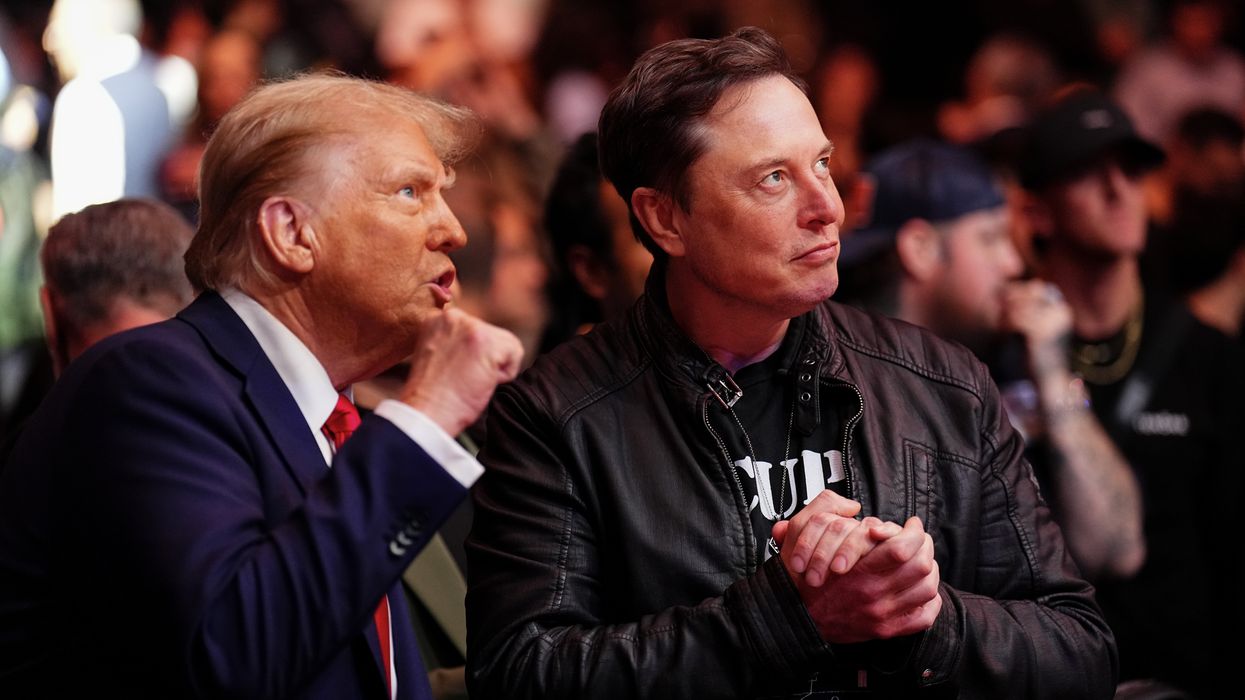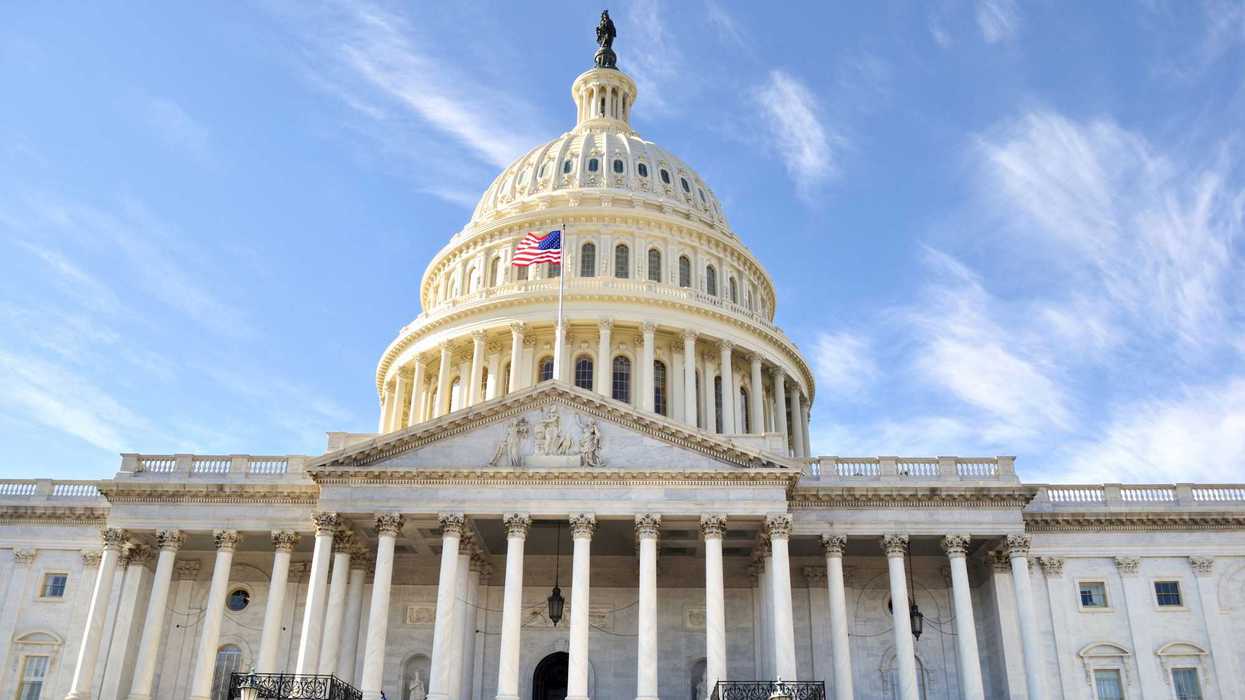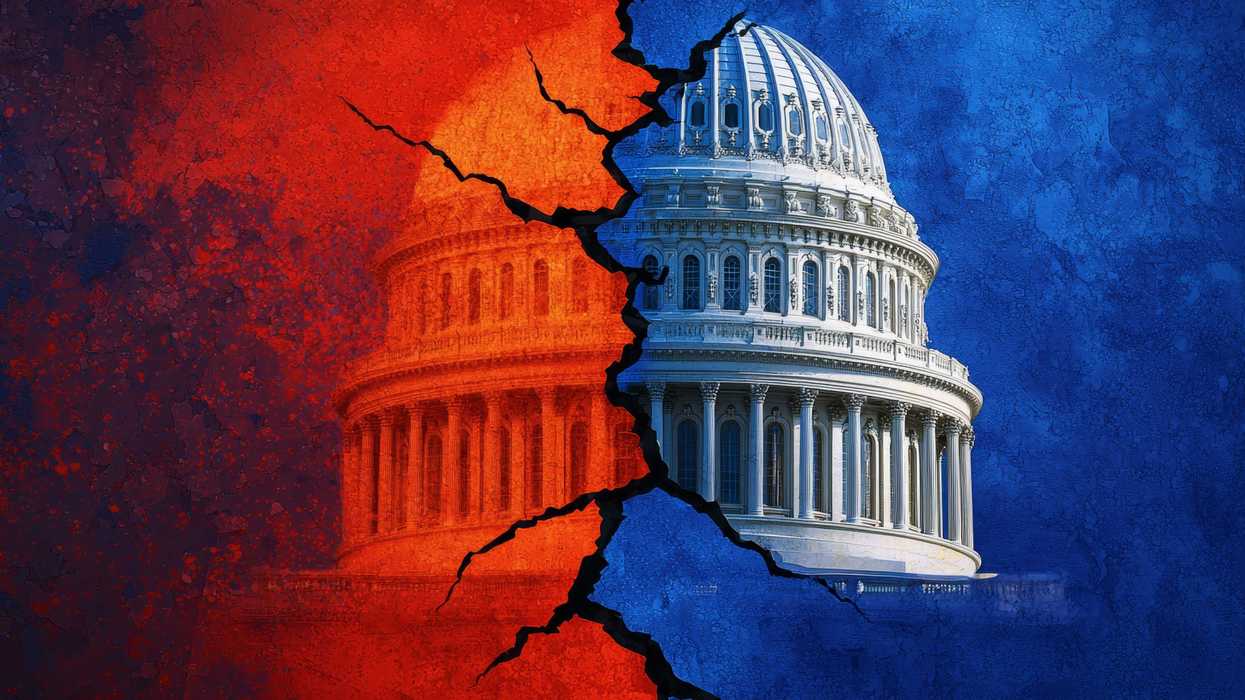The Fulcrum is committed to nurturing the next generation of journalists. To learn about the many NextGen initiatives we are leading, click HERE.
We asked Jared Tucker, a student at the University of Washington and a cohort member with the Fulcrum Fellowship, to share his thoughts on what democracy means to him and his perspective on its current health.
Here’s his insight on the topic.
Elon Musk is worth $409 billion.
In the months following President Donald Trump’s ascension to the White House, Musk was at his side. With his newfound power as head of the Department of Government Efficiency, Musk cut millions of dollars in funding to important government divisions, research, and public services. His name was never on the ballot.
An unelected billionaire slashing funding for the masses to aid the rich is not democracy. It’s an oligarchy.
As students, we constantly hear about the triumphs of American democracy. We learn about a government 'by the people and for the people,' where individual citizens can have their voices heard and beliefs recognized in a diverse Congress.
Yet here we are, stuck in a two-party system where new ideas are cast to the side, and politicians don’t represent all people — just people who give them money.
It’s impossible to win an American election without the support of billionaires, so that’s where the candidates put all of their focus. While individual people may be told their small donations can truly make a difference, it’s nothing against the power of men like Peter Thiel, who use their billions to influence politics behind the scenes.
It’s men like Musk, Thiel, and the 757 other billionaires in the United States who pick the president, determine which issues garner focus, and decide where the money goes. That’s just 0.00023% of the nation's population. They fund the campaigns, and in turn, they get what they want. A government made up of the few using their wealth to control the many. That is an oligarchy.
It was just in 1976 that former president Jimmy Carter narrowly defeated Republican incumbent Gerald Ford to win the presidency. Carter was a farmer and a veteran, two things synonymous with middle America and the average individual. Now, another one of the country’s 759 billionaires holds this nation's highest office.
Trump leveraged his wealth and that of his billionaire friends to regain power. And since he has taken every action to sustain — and even grow — the already gargantuan wealth gap. He will always act in the interest of the few, never the many.
So what can be done about it? How can individuals return the government’s power to the people? How do we stop the oligarchy?
Every two years, the same solution is brought up. Vote. If we just vote out the billionaires, we can put people in power who serve our interests.
This is exactly how the system should work. If more people had voted, this oligarchy never would’ve been put in power… in theory. But the enormous list of problems with American democracy doesn’t stop with the right. The left’s refusal to change and failure to represent their base have dwindled citizens’ participation in democracy. The repeated nominations of boring moderates with the same agenda will never motivate people to vote.
And of course, those candidates are also funded by billionaires and are at the behest of major corporations.
To truly represent the views of over 300 million Americans, we need to develop a multi-party system. Not only would it encourage public participation, but it would also allow people to have their most pressing issues heard in Congress.
It would be a start at reinvigorating democracy and help dilute the power of the nation’s wealthiest individuals.
However, with the stubbornness exhibited by career politicians, changes that could harm their chances of power will likely never be realized in the near future. As always, those put in power serve money and themselves.
As long as billions of dollars are allowed to govern our political system, we will never have a true democracy.
Jared Tucker is a sophomore at the University of Washington — Seattle studying Journalism and Public Interest Communication with a minor in History. Jared is Co-Sports Editor for The Daily UW, the student newspaper of the University of Washington, where he covers UW football and has written over 80 stories about a wide range of UW athletic events, athletes, and news.



















 Mayor Ravi Bhalla. Photo courtesy of the City of Hoboken
Mayor Ravi Bhalla. Photo courtesy of the City of Hoboken Washington Street rain garden. Photo courtesy of the City of Hoboken
Washington Street rain garden. Photo courtesy of the City of Hoboken
